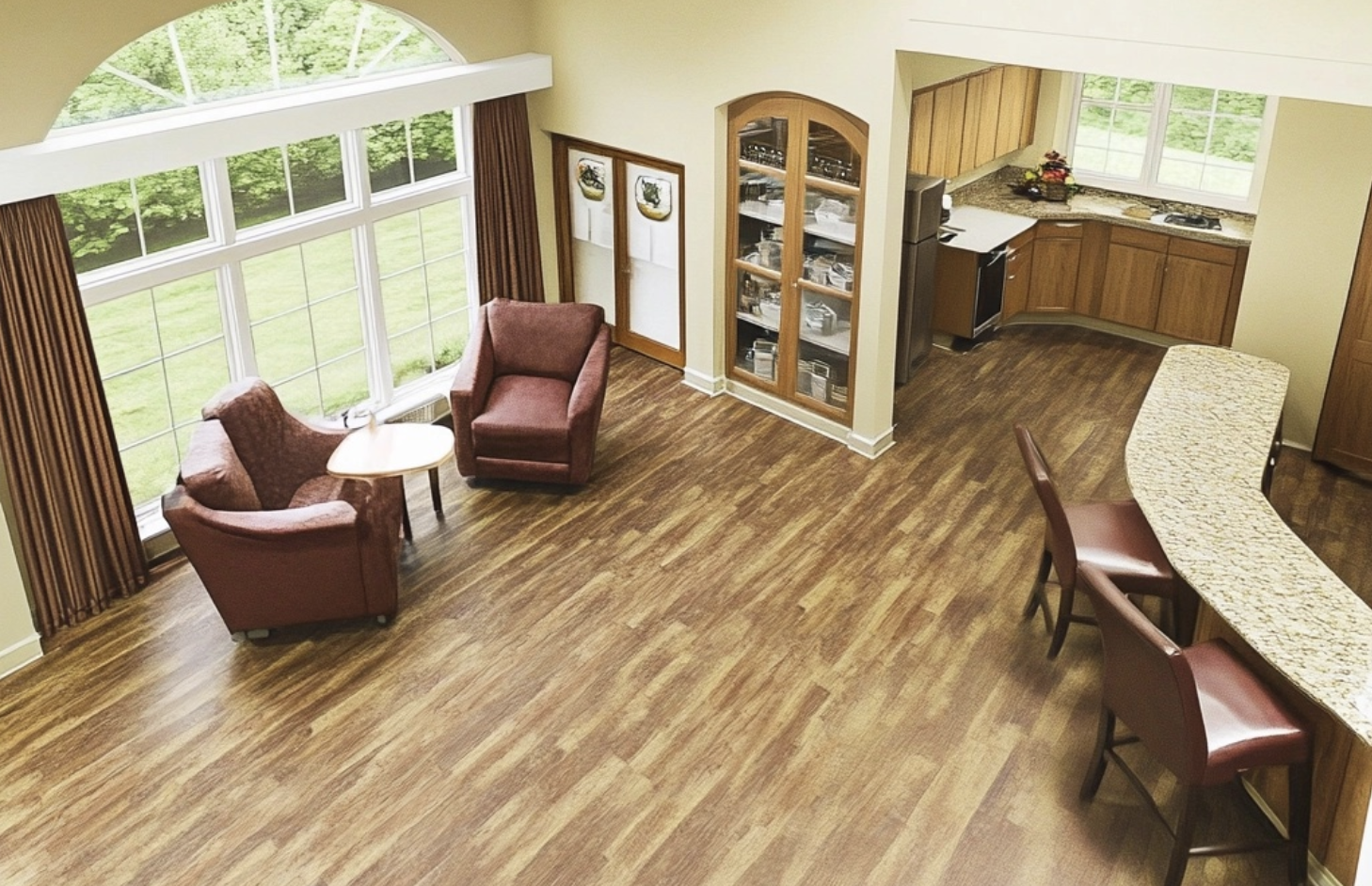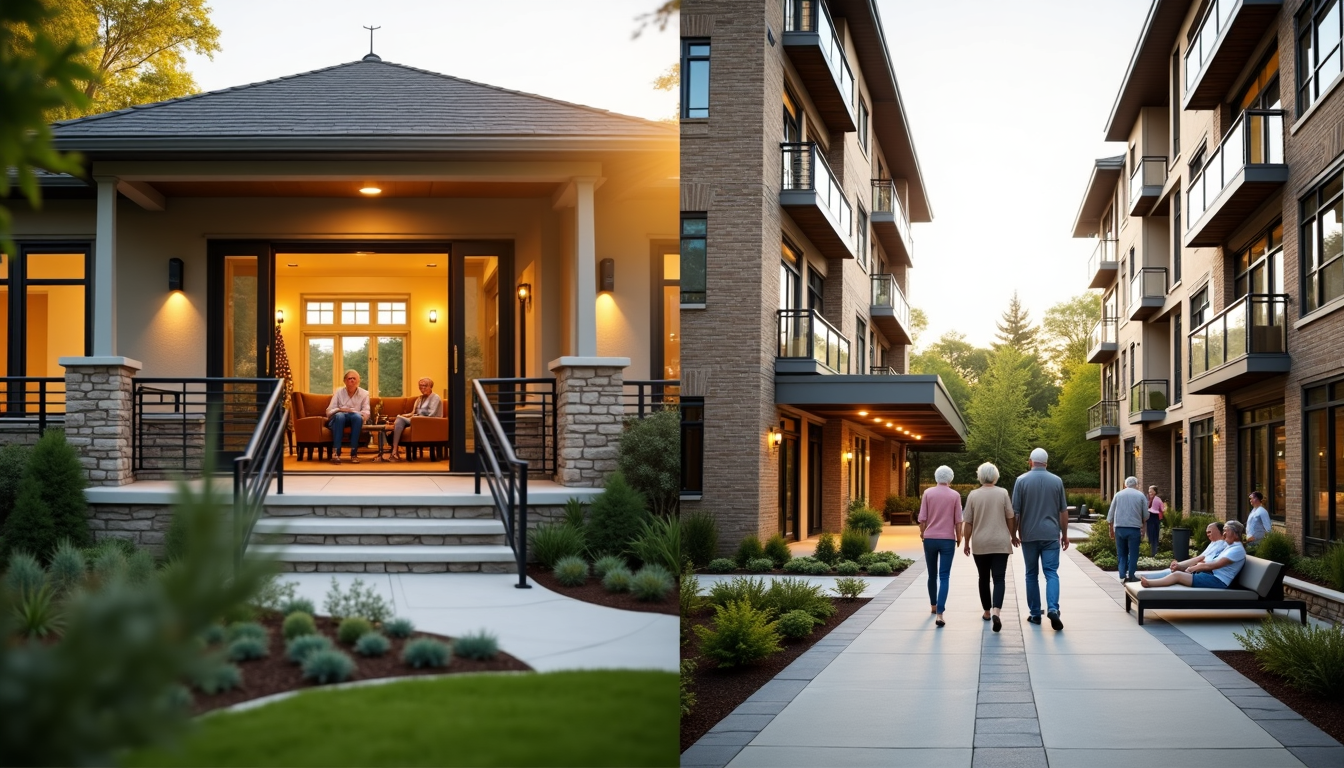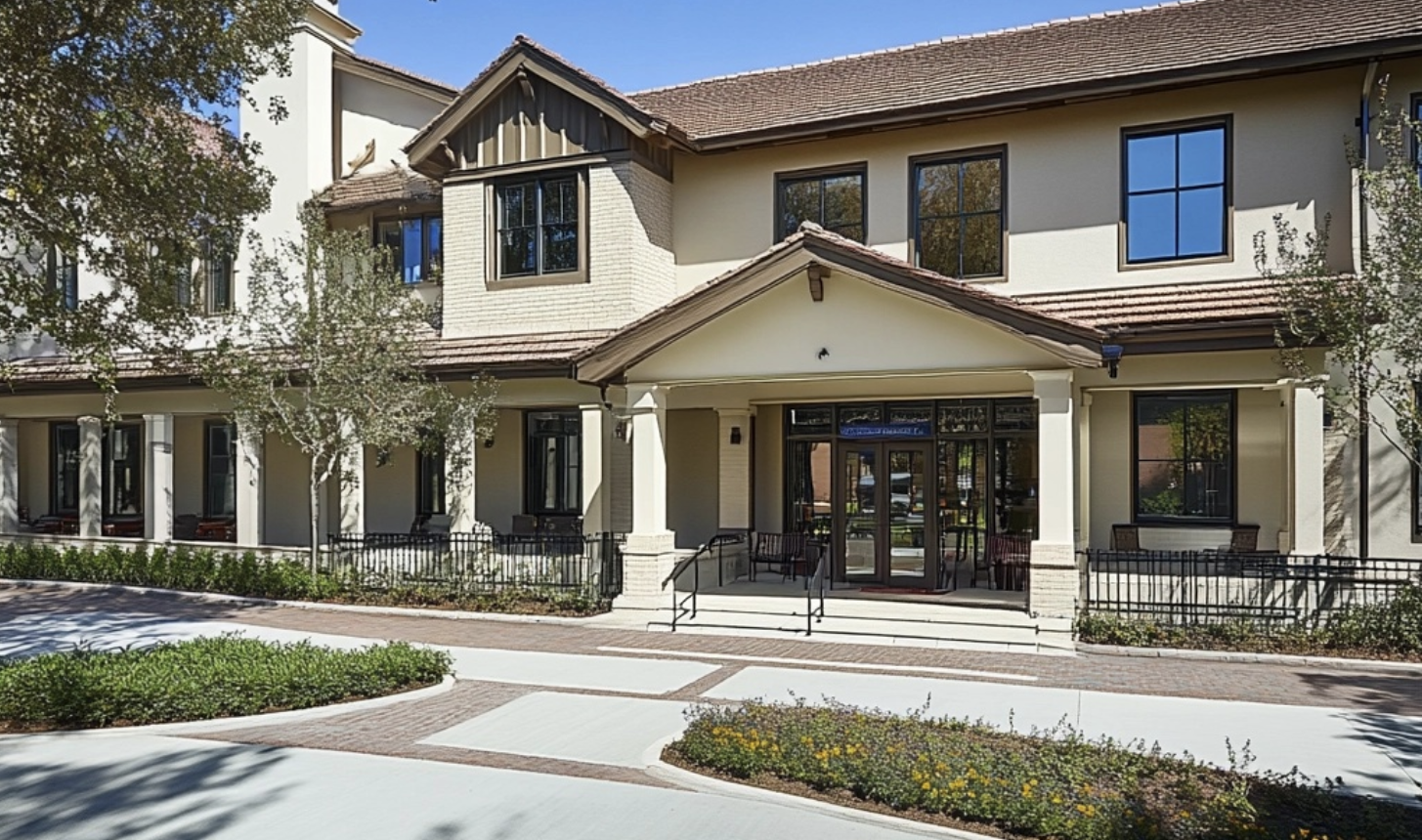A Comprehensive Guide to Alzheimer’s and Dementia Care Facilities
Memory care is a specialized form of long-term care designed to meet the specific needs of individuals with Alzheimer’s disease, dementia, and other types of memory issues. In this comprehensive guide, we will delve into the specifics of memory care, its benefits, costs, and how to choose the right memory care facility for your loved one.
Understanding Memory Care
Memory care facilities provide round-the-clock care and supervision for seniors suffering from Alzheimer’s, dementia, and other memory-related conditions. These facilities are designed to create a safe, soothing, and structured environment for residents, minimizing confusion and disorientation, common symptoms of memory disorders. The staff in memory care facilities also receive specialized training to handle the unique challenges posed by memory conditions, such as agitation, mood swings, and memory loss.
The Necessity of Memory Care
According to the Alzheimer’s Association, over 5.8 million people in the U.S. were living with Alzheimer’s in 2020, and this number is projected to rise to 14 million by 2050. With the increasing prevalence of memory disorders, the demand for memory care facilities is also on the rise. Memory care facilities are designed to provide a higher level of care, supervision, and safety than traditional senior living options. They are equipped with security measures to prevent residents from wandering off and getting lost, a common occurrence in people with dementia.
The Benefits of Memory Care
Memory care facilities offer numerous benefits for individuals with memory disorders and their families. These include:
Specialized Care
Memory care facilities offer specialized care tailored to the unique needs of individuals with memory disorders. This includes assistance with daily living activities, medication management, and specialized activities designed to improve cognitive function.
Safety and Security
Memory care facilities are designed to provide a safe and secure environment for individuals with memory disorders. They are equipped with advanced security systems to prevent residents from wandering off. In addition, staff members are on hand 24/7 to provide supervision and assistance.
Social Interaction
Memory care facilities provide opportunities for social interaction, which can help to improve mood and cognitive function. Activities are often designed to stimulate memory and cognitive function, and can include things like music therapy, art classes, and group exercises.
Memory Care Services
Memory care facilities offer a range of services designed to meet the specific needs of individuals with memory disorders. Some of these services include:
Personal Care
This includes assistance with activities of daily living (ADLs) such as bathing, dressing, eating, and toileting. Staff members are trained to assist residents in a respectful and dignified manner.
Medical Care
While memory care facilities do not provide the same level of medical care as nursing homes, they do offer some medical services. This may include medication management, regular health check-ups, and access to medical professionals.
Therapeutic Activities
Memory care facilities often offer therapeutic activities designed to improve cognitive function and quality of life. This could include music therapy, art therapy, and physical exercises.
Memory Care Costs
The cost of memory care can vary greatly depending on the location and the level of care provided. On average, memory care costs around 20-30% more than traditional assisted living. According to the 2021 National Investment Center for Seniors Housing & Care (NIC) statistics, the average monthly cost of memory care in the U.S. is $6,935.
Financial Assistance for Memory Care
There are several options available for financial assistance for memory care.
Medicare
While Medicare does not generally cover the cost of room and board in memory care facilities, it does cover medical care provided within the facility. However, it’s worth noting that Medicare coverage for memory care is limited.
Medicaid
Medicaid coverage varies by state, but in many cases, it can cover some of the costs of memory care. However, not all memory care facilities accept Medicaid.
Long-term Care Insurance
If your loved one has long-term care insurance, this can be a significant help in covering the costs of memory care.
Veterans Benefits
Veterans benefits can often help cover the cost of memory care for eligible veterans and their surviving spouses.
Memory Care Vs. Other Senior Living Options
Memory care is a specialized form of care designed specifically for individuals with memory disorders. This sets it apart from other senior living options such as assisted living and nursing homes.
While assisted living facilities offer personal care and help with daily living activities, they do not provide the specialized care and security measures found in memory care facilities.
Nursing homes, on the other hand, provide a higher level of medical care than both assisted living and memory care facilities. However, they do not offer the specialized services and activities designed for individuals with memory disorders.
Signs That It’s Time for Memory Care
Deciding when it’s time for memory care can be challenging. However, there are some signs to look out for that may indicate that it’s time to consider memory care:
Increased Safety Risks
If your loved one is at risk of wandering off, falling, or misusing appliances, it may be time to consider memory care. Memory care facilities are equipped with security measures to prevent wandering and ensure the safety of residents.
Declining Health
If your loved one’s health is declining and they require more medical attention than you can provide at home, it may be time to consider memory care. Memory care facilities have medical professionals on hand to monitor residents’ health and provide necessary medical care.
Increased Care Needs
If your loved one requires assistance with most or all of their activities of daily living, it may be time to consider memory care. Memory care facilities have trained staff on hand 24/7 to assist residents with daily activities.
Choosing the Right Memory Care Facility
Choosing the right memory care facility is a crucial step in ensuring the well-being of your loved one. Here are some factors to consider when choosing a memory care facility:
Licensing
Ensure that the memory care facility is licensed by the state and meets all necessary health and safety standards.
Staff Training
Check whether the staff have received specialized training in dementia care. This can make a significant difference in the quality of care your loved one receives.
Activities
Look for facilities that offer therapeutic activities designed to improve cognitive function and quality of life.
Security
Ensure that the facility is equipped with security measures to prevent residents from wandering off.
Cost
Consider the cost of the facility and what is included in the price. Be sure to ask about any additional fees for extra services.
Tips for Transitioning to a Memory Care Facility
Transitioning to a memory care facility can be a challenging time for both the individual with memory loss and their family. Here are some tips to make the transition smoother:
- Involve Your Loved One: If possible, involve your loved one in the decision-making process. This can help them feel more comfortable with the transition.
- Visit the Facility: Before making a decision, visit the facility several times at different times of the day. This will give you a better idea of what life is like at the facility.
- Pack Familiar Items: When moving your loved one into the facility, pack familiar items that will make their new living space feel more like home.
- Stay Involved: After your loved one moves into the facility, stay involved in their care. Visit regularly and communicate with the staff to ensure your loved one is receiving the best possible care.
Remember, moving to a memory care facility is a big change. It’s normal for your loved one to need some time to adjust. Patiently support them during this transition and reassure them that they are in a safe, caring environment.
Memory care facilities provide a safe, supportive environment for individuals with Alzheimer’s and other forms of dementia. By understanding what memory care is, when it’s needed, and how to choose the right facility, you can ensure your loved one receives the care they need.












